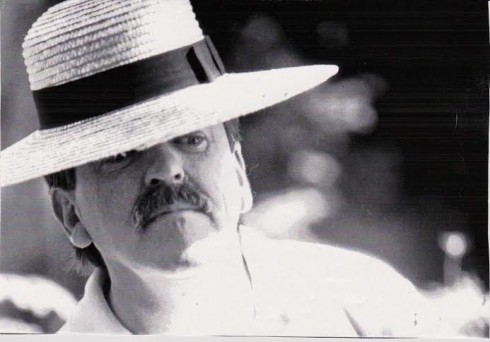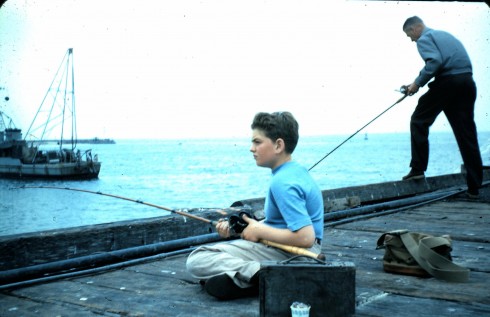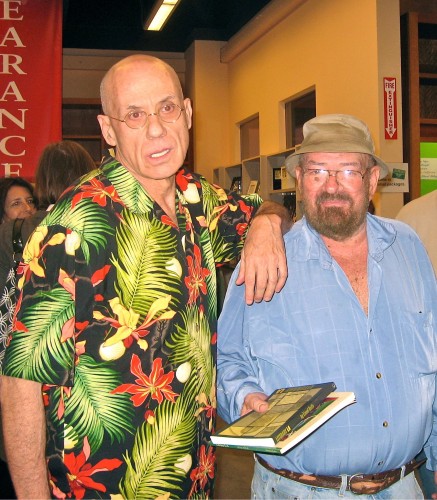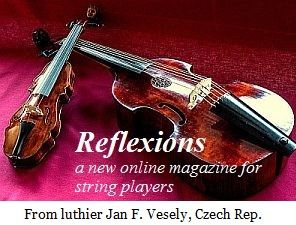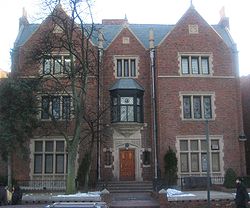Doug Weiskopf: Documentary Film About Truffaut On Hitchcock
By Doug Weiskopf
Recently I was watching a 2015 award winning documentary movie, “Hitchcock/Truffaut”, made about Francios Truffaut, French film director, screen writer, actor, and critic about his famous interviews with Alfred Hitchcock, which was based on his classic book on the same subject in 1966. The film included commentary by several noted movie directors, including Martin Scorsese, Wes Anderson, and Paul Schrader.
In both the documentary movie and the book Hitchcock and his long illustrious career in film making was lionized and his influence on several generations of directors was made clear. It was during the long segment on what was perhaps Hitchcock’s finest film, “Vertigo”, that I realized what a master manipulator of audiences the wiley old Alfred truly was, as he has utterly fooled, right up to the present, all of the smart sounding directors and film critics who narrated the Hitchcock documentary. Read more
From the Earth to Humanity
Anna C. Broome
Serbian artist painter Milica Jelisavcic delivers a restlessness, a meeting of ground to human life, experience and need. Her expression of a universal life-source through stroke, color, and subject surmises a delicate yet gnarled and twisted bounty of riches through her use of pumpkin, high heels as metaphor.
Milica was born in Bajina Basta, Serbia in 1984. Showing an early talent for painting, Milica’s first art show was at age seven. After attending the secondary “School of Design”, Milica was accepted to the Braca Academy of Fine Arts in Belgrade, Serbia.
“My passion for art is deeply rooted in my childhood like an abstraction or surreal reality.”
Precocious and determined Milica finished top of her class. It is however the early connection to subject through the beauty and creativity inspired by her grandmother, who through use of all the walls in her home, provided Milica with her first canvasses.
“I always had pencil and color pens in my hands. As far my medium is concerned, I personally prefer oil paints: I find it has a transparent quality, and due to its much longer drying time, allows me the best ability to blend colors into the infinite variations found in the natural world. I also utilize acrylic and chalk. Read more
A BIRTHDAY GIFT OF SOUND AND SILENCE BY MICHAEL HARRISON
Michael Harrison relaxes in his garden
There is not a whole lot of celebration going on this particular birthday
Just grateful for still being on the field, and that the celestial manager has seen fit to leave me in for perhaps another few innings
I was allowed to make a quick stop yesterday to pick up my new hearing aids
They are a mixed blessing indeed, and without a doubt, the most expensive present I’ve ever indulged myself
I now enjoy the beauty of hearing birds that I haven’t heard for many years, and hearing the hushed whispers of my grandchildren without having to ask them to increase their volume,
Sometimes while in the garden I imagine
I can hear plants and the earth talking
However, I find it only a brief interlude until the cacophony of the world intrudes, which in turn, makes me wince and oft times cry out, “what the hell is that noise?”
My ever-patient Sue informs me that the hideous noise I just heard was only the kitchen timer that called her back to the stove
Funny, I always thought that timer was just a pleasantly soft little warning, on those rare occasions that I was close enough to hear it
I had no idea that the cutting of vegetables could be so loud—not to mention my own voice that I now barely recognize
I appreciate what these gadgets allow me to hear—and for what I am desirous of hearing—but the relief of returning to my hushed world when I remove them at night is palpable
And oh, so welcoming
Michael Harrison retired from the book business after 42 years working as a field representative for several publishing houses including Houghton Mifflin Company and W.W. Norton.. He and his wife Sue live in Oakland, California.
Here’s the real Oliver, featured in a few of Lionel Rolfe’s articles; photos by Rose Hugh
The Author As A Young Fisherman At The Santa Monica Pier, Taken No Doubt In The Early ’50s
& Many Years Later, Lionel Is Hanging Out With The Likes Of James Ellroy
Aaliya Saleh’s Phantom Life
An Unnecessary Woman. Rabih Almeddine. New York: Grove Press, 2013. 291 pp.
Leslie Evans
Aaliya Saleh, the 72-year-old protagonist of Rabih Almeddine’s fifth novel, has lived in Beirut all her life. She has seen her once-cosmopolitan city descend into seemingly perpetual communal strife. After Yasser Arafat’s Palestine Liberation Organization’s failed attempt to overthrow the Jordanian monarchy in 1970, in which thousands of Palestinians died, the PLO gunmen were expelled into Lebanon.
There they staged guerrilla raids into Israel and became one pole in the civil war that raged from 1975 to 1990. Aaliya recalls reading Calvino’s Invisible Cities “while people killed each other outside my window.” At the midpoint, in 1982, Israel invaded, forcing the PLO into exile in Tunisia, and leaving behind a new enemy, the Shi’ite Hezbullah militia, which has contested ever since for dominance against Lebanon’s Christian and Sunni Muslims, while periodically launching attacks over the border into Israel, which draws the Israelis back into Lebanon.
Aaliya observes these events with stoic distaste, hating all of the gun-toting armies, militias, and gangs with Olympian impartiality. Liberated from an arranged marriage when her nasty, diminutive, and impotent husband divorces her at the age of twenty, still a virgin, she secures a marginal job as the only employee of a small bookstore, operated on a shoestring as a hobby project of a prosperous Beiruti. “There were more stupid stuffed toys than there were books, and everything was covered with dust. The bookstore had as much chance of making it as I did.”
She stays there until she retires when she is sixty-eight and the bookstore is sold out from under her. Thereafter she has been a recluse in the apartment she had first occupied on her disastrous wedding night when she was sixteen. It is owned by her ex-husband’s family and they resist every attempt by Aaliya’s relatives to force her out to allow their larger families to take it over. This gives her space for her books.
C. M. Sunday Interviews Lionel Rolfe
C. M. Sunday, violinist, violin teacher, and representative of the string instrument sales company SunMusicStrings, conducted a wide ranging interview with Lionel Rolfe, published December 27 in Reflexions, a new online magazine for string players.
Here is the link
Disillusionment At The Ancestral Court
770 Eastern Parkway
BY LIONEL ROLFE
On the recent occasion of the publication of a paperback version of my first book The Menuhins: A Family Odyssey, which originally came out in hardcover in 1978, I recalled going to Brooklyn to meet my Hassidic ancestors. My mother Yaltah and aunt Hephzibah were prodigy pianists and uncle Yehudi the violinist had been described as the greatest musical prodigy since Mozart. At that point the three were alive in London, so a stopover in Brooklyn was appropriate. The first morning after my arrival in Gotham, I emerged from the black pits of the subway to find that number 790, the address of the Hassidic headquarters, was quite a bit further down Brooklyn’s Eastern Parkway. As I began the trek down the broad, shabby but still dignified boulevard, I felt my balding head and cursed myself for not having followed the advice of people who had told me to get some cover for my shiny dome. It doesn’t have to be a yarmulke; any type of hat would do, I had been told. “But wouldn’t that be dishonest?” I had asked. “I mean, I’m not an orthodox Jew.” “Just to show them respect,” had been the answer. Ah, in that case, I knew what would have been ideal: one of those jaunty black berets that my grandfather Moshe always used to wear. Moshe used to have an endless supply of them, one in this room, another in that, maybe even one in the chicken shed. A beret made you a dapper, worldly gentleman, and yet if you had come from the ghettoes of Eastern Europe, it eased your conscience about your naked head. But there were no berets in the ghetto shops. My pace quickened, and as it did so, the whirring worrying in my head that I would have to brave the Lubavitcher Court hatless also increased. Many a writer had been thrown bodily out of the Lubavitcher Court. On the other hand, the Schneersohns, the Lubavitchers, were my cousins. The Menuhins were but an offshoot of the famed Chabad father-to-son dynasty which presided over the Polish-Russian town of Lubavitch. Read more


